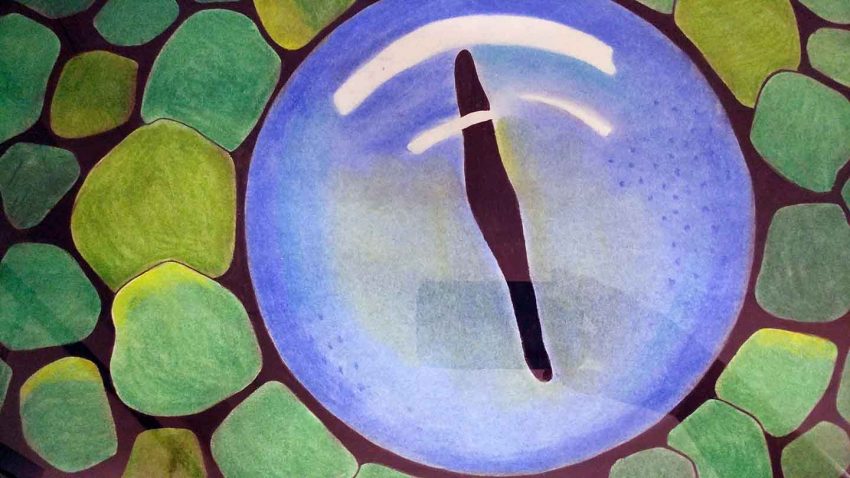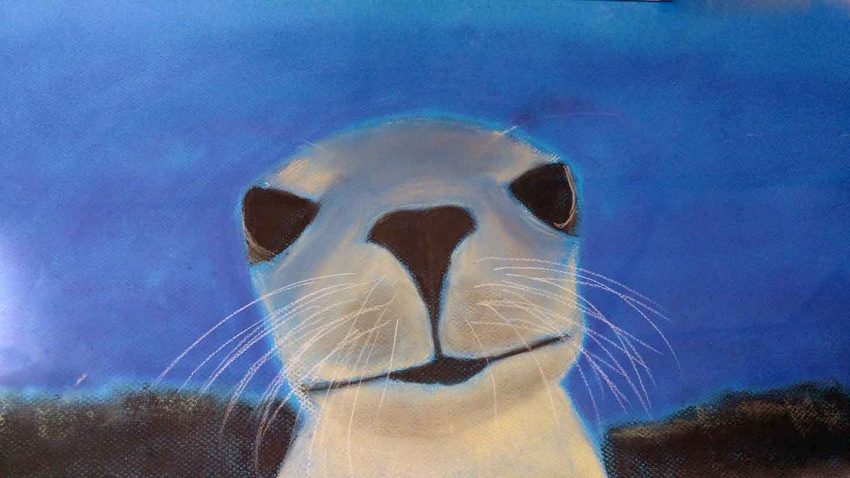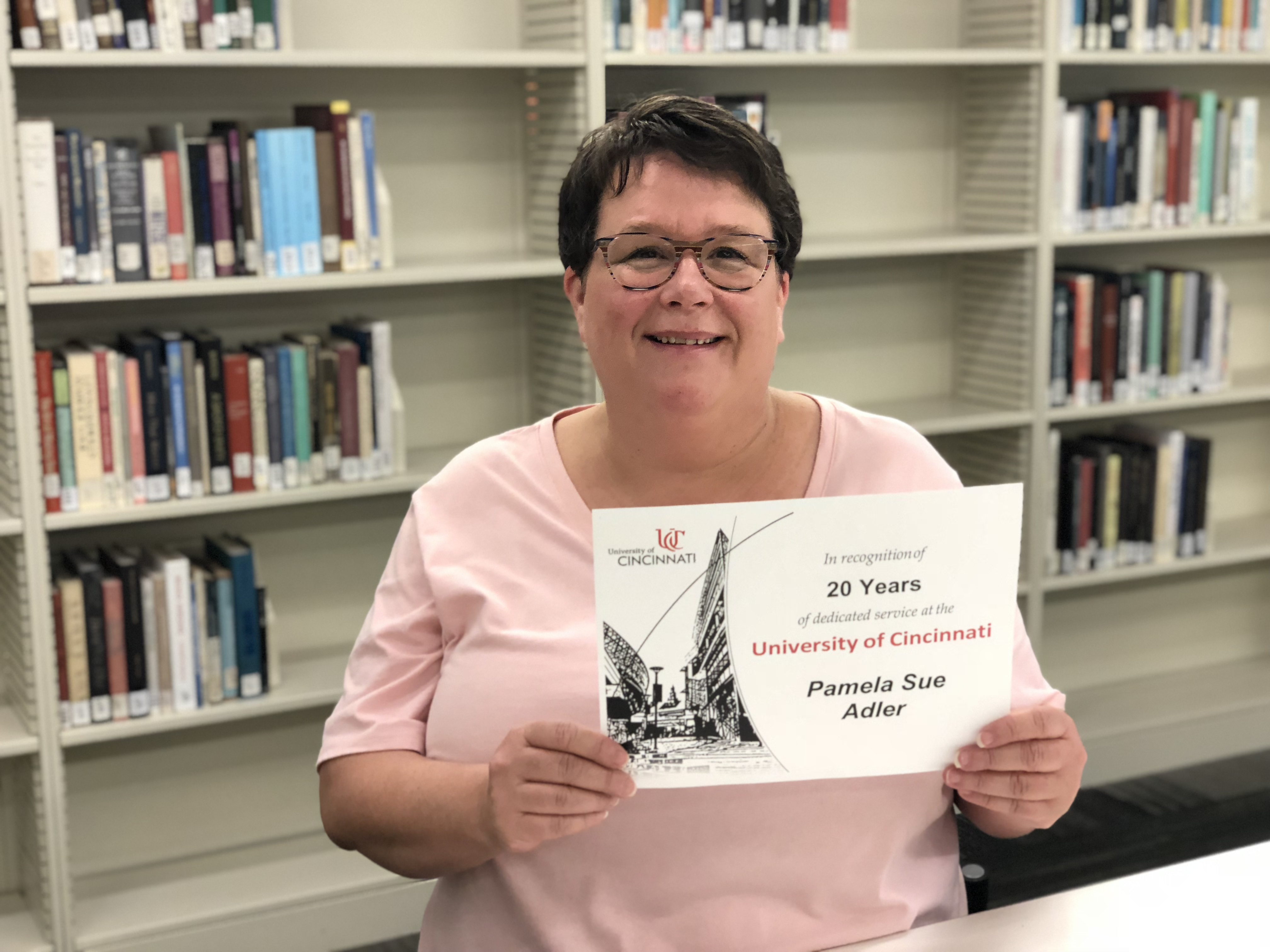In our second installment of the series “How UC Researchers use the Open Science Framework”, we hear from Hannah McManus, Gabrielle Isaza, and Clair Green-Schwartz, Research Associates with the IACP / UC Center for Police Research and Policy
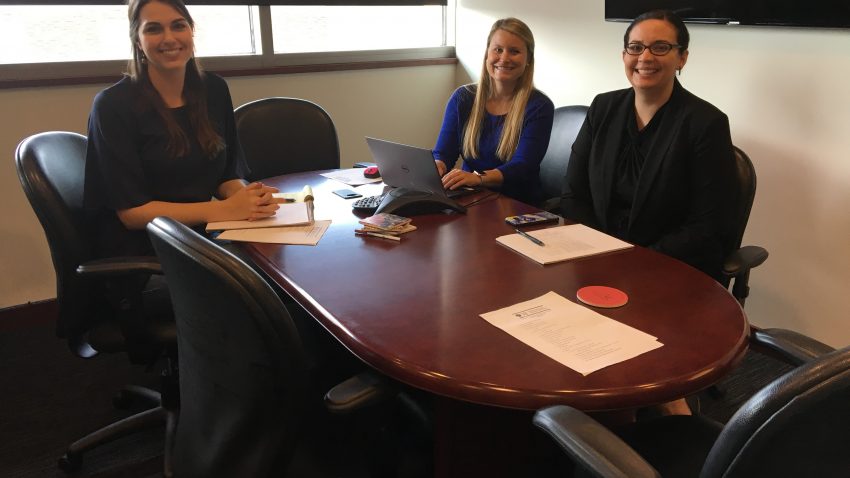
Research Project Description or statement about your research interest
The International Association of Chiefs of Police (IACP)/University of Cincinnati (UC) Center for Police Research and Policy engages in rigorous research that has practical implications for the field and is intended to serve as a national model for the way law enforcement agencies and researchers work together to help protect communities, safeguard citizens’ rights, and ensure the fair treatment of all individuals.
There is currently a gap between research and practice, and the IACP/UC Center for Police Research and Policy seeks to play an important role in closing that gap. Often times existing research does not provide actionable recommendations that can be easily translated into specific, practical policies and practices that could enhance policing. Moreover, academic researchers often do not have access to all the data that police departments have that is necessary to conduct rigorous and meaningful research on police practices. The goal of the IACP/UC Center for Police Research and Policy is to provide a path for law enforcement and researchers to work together on studies that can drive future practices and policies.
Why did you chose to use the OSF to organize your research/projects?
The IACP/UC Center for Police Research and Policy is funded by the Laura and John Arnold Foundation (LJAF). The LJAF is committed to funding research that meets the most rigorous standards of quality and transparency. As such, we make public our preregistration document for each project, which involves describing the research design in detail before the statistical analyses are performed. Further, we update the Center’s OSF profile as we gather more information on individual projects, and submit all applicable research materials onto the OSF for public viewing. At the end of our research projects, we include the findings either in the form of a written report or a link to a publication or preprint elsewhere. These findings must be freely available in some form, which removes the financial barriers that some may face when trying to access research. The Center’s OSF webpage thus provides a comprehensive overview of an entire research project from start to finish. And further, in the event that a research project does not lead to a peer-reviewed publication, posting the results at OSF serves a valuable informative purpose.
What about the OSF makes this tool a good choice for your project management (i.e. specific function of the OSF)?
The OSF is a useful web platform to centralize all parts of the project from initial idea to final results. It keeps a useful history of documents for us to track changes and progress over time. Ultimately, this tool is most useful in its ability to serve as a platform for transparency in research.
Please use this link for further detail about the Center for Police Research and Policy’s research projects:
https://osf.io/f2drv/
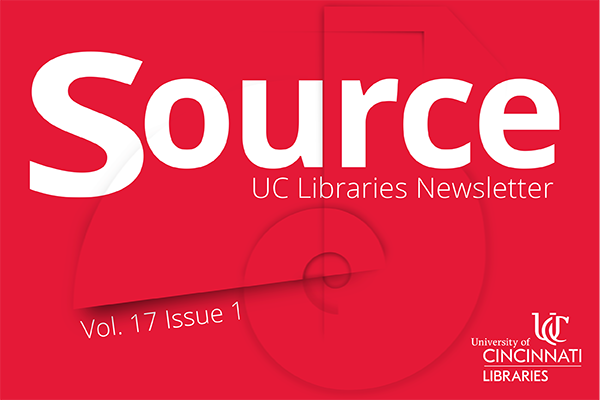 Read Source, the online newsletter, to learn more about the news, events, people and happenings in UC Libraries.
Read Source, the online newsletter, to learn more about the news, events, people and happenings in UC Libraries.
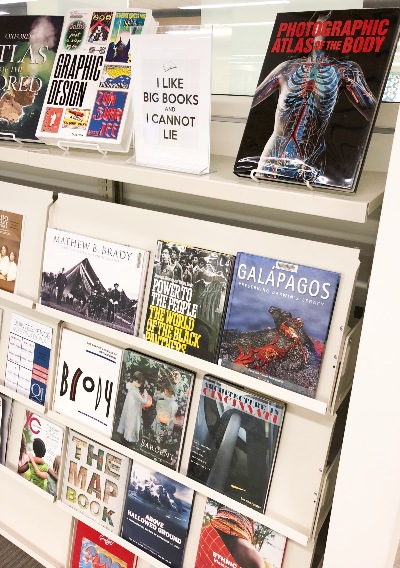 As the great Western philosopher Sir Mix-A-Lot might say when he goes to his library, “I like big books and I cannot lie.” OK, maybe he never said that, but you can when you have a look at a selection of your UCBA Library’s oversized books in-person or
As the great Western philosopher Sir Mix-A-Lot might say when he goes to his library, “I like big books and I cannot lie.” OK, maybe he never said that, but you can when you have a look at a selection of your UCBA Library’s oversized books in-person or 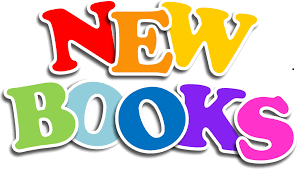

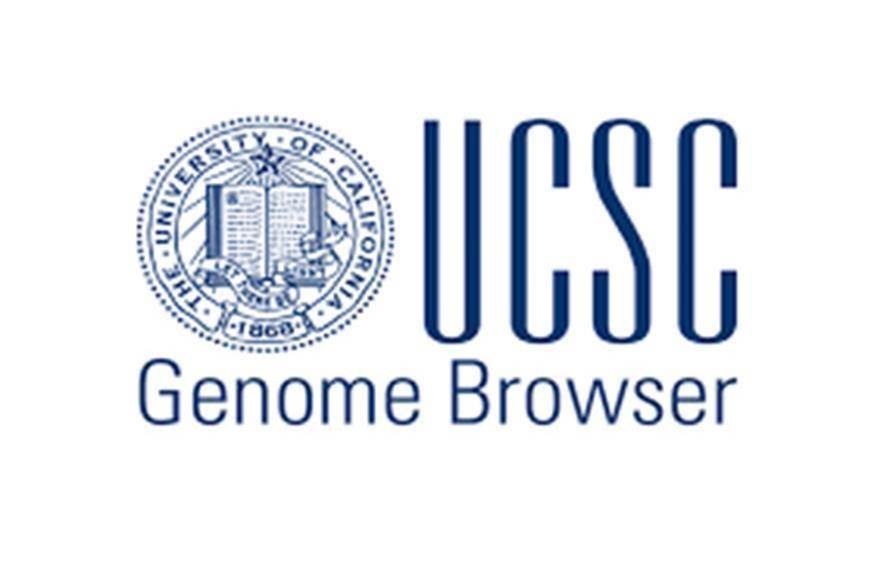
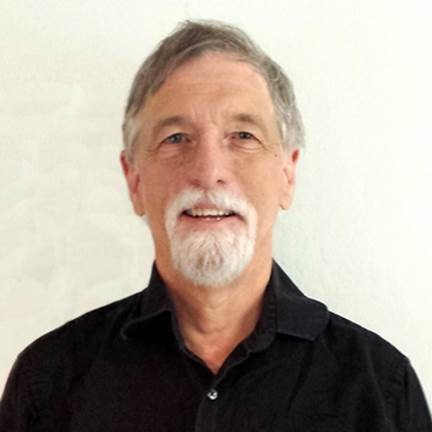
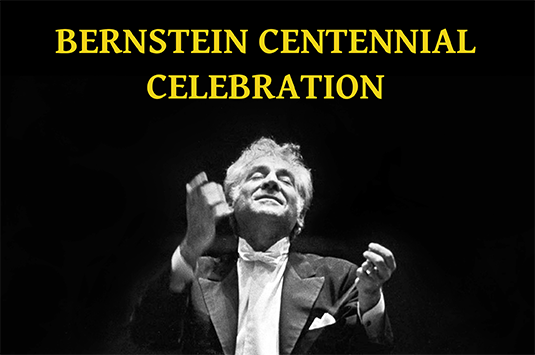
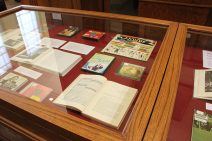 The exhibit was designed by UC Libraries communication co-op student Sophia Yu with assistance from co-op student Sam Kane. It was curated by Jenny Doctor, head of the CCM Library, and Paul Cauthen, assistant music librarian, and produced by Melissa Cox Norris, director of library communications.
The exhibit was designed by UC Libraries communication co-op student Sophia Yu with assistance from co-op student Sam Kane. It was curated by Jenny Doctor, head of the CCM Library, and Paul Cauthen, assistant music librarian, and produced by Melissa Cox Norris, director of library communications.